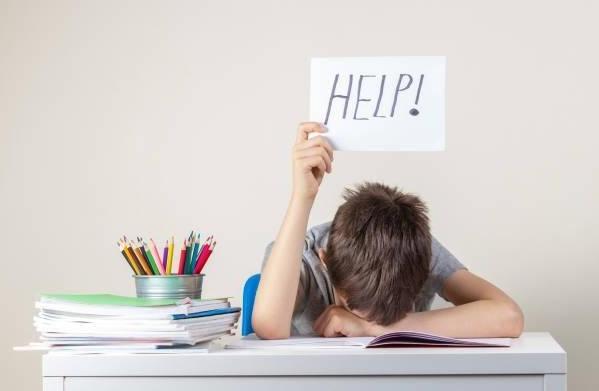
When Adolescence Meets Learning Disabilities: Communication Secrets for Parents
Parenting a teenager is no easy feat—throw a learning disability (LD) into the mix, and communication can feel like navigating a minefield. One minute, your teen is shutting down; the next, they’re frustrated, defensive, or convinced they’re “just bad at school.”
- Why Talking to an LD Teen Feels Different
The Invisible Wall
Unlike younger kids, teens with LDs often:
✔ Mask struggles to fit in (e.g., pretending they “forgot” an assignment instead of admitting they couldn’t write it)
✔ Internalize failure (“Why try? I’ll just fail anyway.”)
✔ Resist “help” that feels like pity (e.g., hovering over homework)
What Doesn’t Work
🚫 Generic pep talks (“Just try harder!”) → Feels dismissive
🚫 Comparing to siblings/peers (“Your sister doesn’t struggle with this!”) → Deepens shame
🚫 Taking over (“I’ll email your teacher for you.”) → Kills independence
- Spotting Communication Breakdowns
Your teen might be screaming for help—just not with words. Watch for:
- Deflection: Changing the subject when school comes up
- Procrastination Drama: Last-minute panic over assignments they “forgot”
- Self-Deprecation: “I’m dumb” or “This is pointless”
- Anger Outbursts: Slamming doors after homework help
Example:Parent: “How was the math test?” Teen:“Whatever. It’s stupid anyway.” (Translation: “I’m terrified I failed.”)
- 6 Communication Game-Changers
① Ditch the Lecture, Use the “Name It” Trick
Instead of: “You’re not even trying!” Try: “I’m guessing this feels impossible right now. Want to figure it out together?”
Why it works: Labels the emotion first, making them feel understood.
② The 10-Second Rule
Before reacting to meltdowns, pause for 10 seconds of silence. Often, teens fill the space with what’s really wrong.
Teen:“I HATE SCHOOL!”Parent: (Silence…)Teen:“…The teacher gave us a huge essay, and I don’t even know how to start.”
③ “Show Me” Over “Tell Me”
Instead of asking “Do you get it?” (They’ll say yes to end the conversation), say: “Cool—explain step one to me like I’m clueless.”
If they can’t, you’ve found the sticking point.
④ The Permission Slip
Teens with LDs often feel like they’re “cheating” if they use accommodations. Normalize it: “Smart people use tools. Glasses? Tools. Calculators? Tools. Your audiobook? Same thing.”
⑤ Future-Talk (Not Fix-Talk)
Instead of: “You have to study more!” Try: “When you’re acing this subject someday, what do you think helped the most?”
Shifts focus from failure to problem-solving.
⑥ The 3-Question Check-In
Ask weekly:
- “What’s one thing at school that’s pissing you off?”
- “What’s one thing that’s working?”
- “What’s one way I can help without annoying you?”
- Scripts for Tough Situations
When They’re Stuck on Homework
❌ “You’ve been staring at this for an hour!” ✅ “Want to try the ‘ugly first draft’ method? Just vomit all your ideas onto paper—we’ll fix it after.”
When They Refuse School
❌ “You’re going, and that’s final!” ✅ “I get that today feels awful. Let’s call it a ‘mental health reset morning’—we’ll go in late with a plan.”
When They Say “I’m Dumb”
❌ “No, you’re not!” (Feels fake) ✅ “Your brain works differently, not worse. Dyslexic people are often killer problem-solvers—ask Richard Branson.”
- Teaching Self-Advocacy (Without Micromanaging)
Role-Play Tough Conversations
Practice: “Mr. Smith, I need the notes in advance because my processing speed is slower. Can we try that?”
The “Two Wins” Rule
Before IEP meetings, have your teen prep two things they want to request (e.g., “I want to record lectures”). Small wins build confidence.
- When to Get Backup
If communication stays hostile or your teen shows signs of depression (sleep changes, loss of interest in friends), consider:
- LD coaches (teach study skills tailored to their brain)
- Therapists who specialize in LDs (not just “talk therapy”)
- Parent support groups (you’re not alone)
Final Thought: The Gift of Being Their Safe Space
Teens with LDs face a world that judges them for how they learn instead of what they know. Your words become their inner voice.